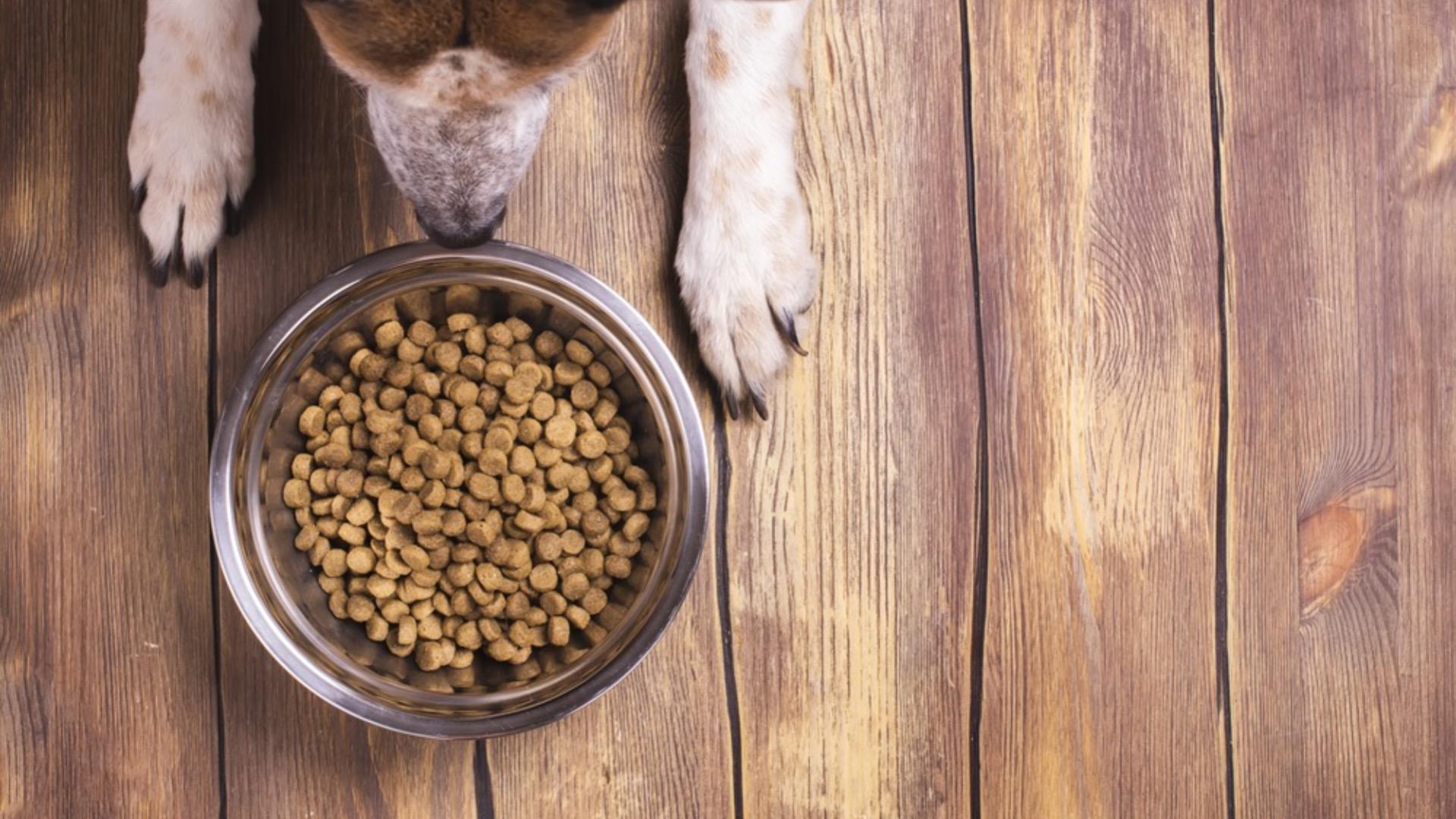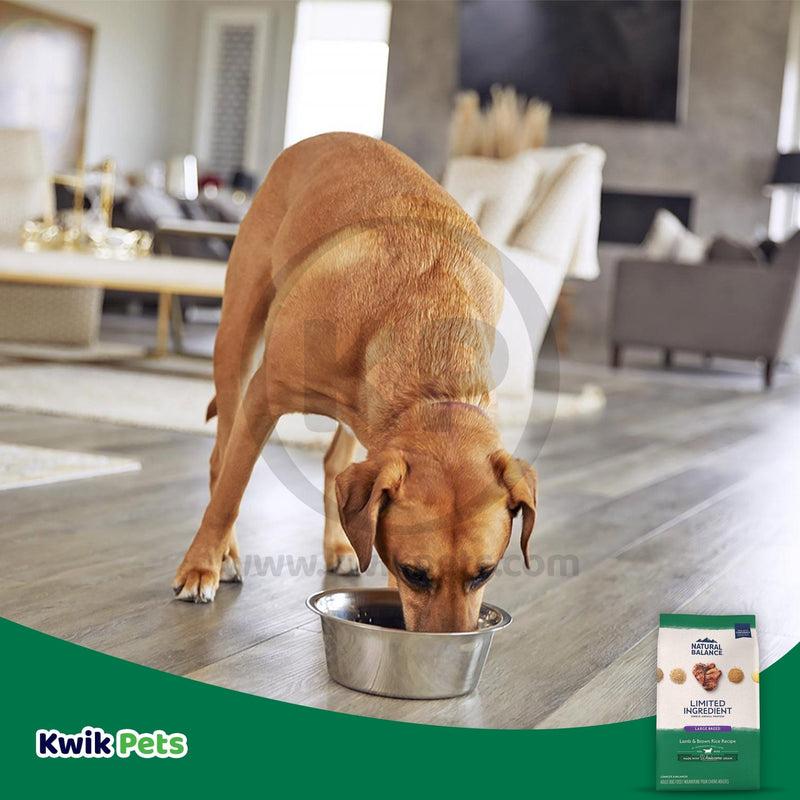As pet owners, we want to provide our furry friends with the best care possible. This includes feeding them a healthy and balanced diet that will support their overall health and well-being. With so many different types of pet food available in the market, it can be overwhelming to choose the right one for your pet. In this article, we will discuss the factors to consider when selecting the best food for your pet based on their age, activity level, and individual needs.
What Should I Feed to My Dog?

Dogs are carnivores, which means they require a diet that is high in protein and fat. The best way to ensure that your dog gets the necessary nutrients is by feeding them a diet that is primarily meat-based. However, not all dog foods are created equal, and it’s essential to do your research before making a decision. Here are some factors to consider when choosing the right food for your dog:
Age
Just like humans, dogs have different nutritional requirements at different stages of their lives. Puppies, for example, need a diet that is high in calories and protein to support their rapid growth and development. On the other hand, adult dogs can thrive on a diet that is lower in calories and protein. It’s crucial to select a dog food that is specifically formulated for your dog’s life stage to ensure they get the right balance of nutrients.
Activity Level
The amount of food your dog needs also depends on their activity level. Active dogs burn more calories than sedentary ones, and therefore, they require a higher calorie intake. If you have an active dog, you may need to feed them a diet that is higher in calories and protein to meet their energy needs. On the other hand, if your dog is less active, you should opt for a diet that is lower in calories to prevent weight gain.
Individual Needs
Just like humans, dogs can have allergies or sensitivities to certain ingredients. If your dog has any health issues, it’s crucial to consult with your veterinarian before selecting a diet for them. They may recommend a specific type of food that is suitable for your dog’s condition. Additionally, some breeds are prone to certain health problems, and their diet may need to be adjusted accordingly.
Common Allergens in Dog Food
Some common allergens in dog food include:
- Corn
- Wheat
- Soy
- Dairy products
- Chicken
- Beef
- Eggs
- Fish
If your dog has any allergies or sensitivities, it’s essential to carefully read the ingredient list on the dog food label to ensure it does not contain any of these allergens.
Grain-Free vs. Grain-Inclusive Diets
There has been a recent trend towards grain-free diets for dogs, with many pet owners believing that grains are harmful to their pets. However, there is no scientific evidence to support this claim. In fact, grains can provide essential nutrients and fiber in a dog’s diet. Unless your dog has a diagnosed grain allergy, there is no need to switch to a grain-free diet. It’s always best to consult with your veterinarian before making any significant changes to your dog’s diet.
What Should I Feed to My Kitten?
Kittens have different nutritional needs than adult cats, and it’s essential to choose a diet that will support their growth and development. Here are some factors to consider when selecting the right food for your kitten:
Age
Kittens require a diet that is specifically formulated for their age. During the first year of their life, kittens go through rapid growth and development, and they need a diet that is high in protein and fat to support this. As they get older, their nutritional requirements change, and you may need to switch to an adult cat food.
Activity Level
Kittens are naturally very active, and they need a diet that will provide them with the energy they need to play and explore. Look for kitten food that is high in calories and protein to support their active lifestyle.
Individual Needs
Some kittens may have specific health issues or allergies that require a specialized diet. If your kitten has any health problems, it’s crucial to consult with your veterinarian before selecting a diet for them. Additionally, some breeds are prone to certain health issues, and their diet may need to be adjusted accordingly.
Wet vs. Dry Food for Kittens
When it comes to feeding your kitten, you may be wondering whether wet or dry food is better. Both options have their pros and cons, and it ultimately depends on your kitten’s individual needs and preferences. Wet food can provide more moisture, which is essential for kittens who may not drink enough water. On the other hand, dry food can help keep your kitten’s teeth clean and healthy. It’s always best to consult with your veterinarian to determine which type of food is best for your kitten.
What Should I Feed to My Puppy?

Puppies have different nutritional requirements than adult dogs, and it’s crucial to choose a diet that will support their growth and development. Here are some factors to consider when selecting the right food for your puppy:
Age
Just like kittens, puppies go through rapid growth and development during their first year of life. They require a diet that is high in calories and protein to support this growth. As they get older, their nutritional needs change, and you may need to switch to an adult dog food.
Activity Level
Puppies are naturally energetic and playful, and they need a diet that will provide them with the energy they need to grow and thrive. Look for puppy food that is high in calories and protein to support their active lifestyle.
Individual Needs
Some puppies may have specific health issues or allergies that require a specialized diet. If your puppy has any health problems, it’s crucial to consult with your veterinarian before selecting a diet for them. Additionally, some breeds are prone to certain health issues, and their diet may need to be adjusted accordingly.
Wet vs. Dry Food for Puppies
Similar to kittens, the debate between wet and dry food for puppies continues. Both options have their advantages, and it ultimately depends on your puppy’s individual needs and preferences. Wet food can provide more moisture, which is essential for puppies who may not drink enough water. On the other hand, dry food can help keep your puppy’s teeth clean and healthy. It’s always best to consult with your veterinarian to determine which type of food is best for your puppy.
Conclusion
In conclusion, choosing the right food for your pet is crucial for their overall health and well-being. When selecting a diet, consider factors such as age, activity level, and individual needs. It’s also essential to consult with your veterinarian if your pet has any health issues or allergies. Remember to read the ingredient list carefully and choose a high-quality food that provides your pet with the necessary nutrients they need to live a long and happy life. With proper nutrition, you can ensure that your furry friend stays healthy and by your side for years to come.
